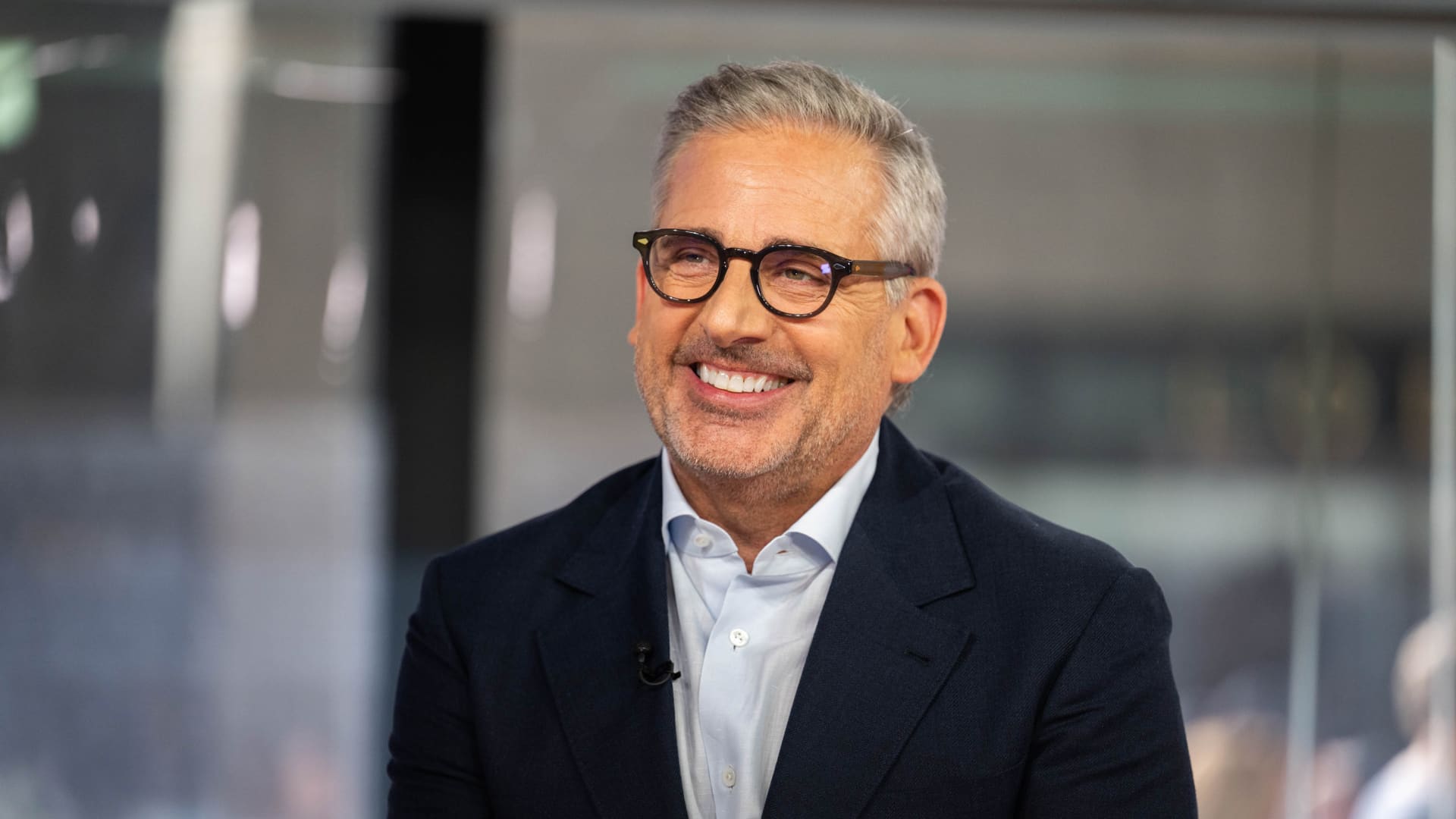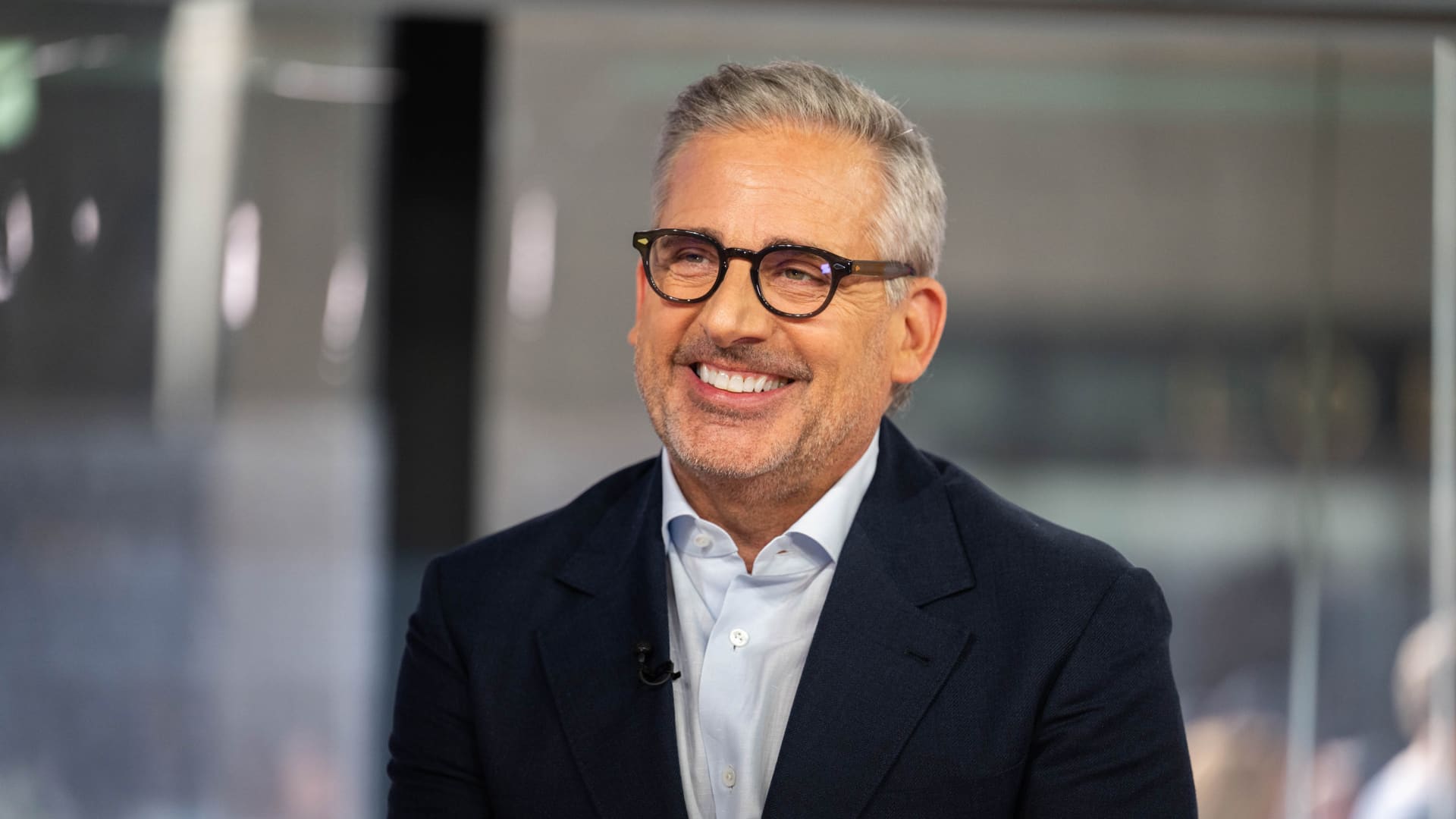Steve Carell, renowned for his iconic role as Michael Scott in *The Office* and his versatile performances across comedy and drama, has recently spotlighted an often-overlooked trait as pivotal to success and well-being: kindness. In his commencement speech at Northwestern University in June 2023, Carell emphasized that kindness is not a passive virtue but a “very potent strength” that fosters success, leadership, and positive societal impact. His perspective aligns with insights from CEOs and scientific research, positioning kindness as a core strength that transcends conventional measures of achievement.
The Power of Kindness in Professional and Personal Life
Carell’s advocacy for kindness challenges the misconception that it denotes weakness. Instead, he frames it as a form of personal power that can open doors, build meaningful relationships, and inspire trust. His own career exemplifies this ethos. While Carell is celebrated for his comedic brilliance, colleagues and collaborators frequently describe him as respectful, thoughtful, and approachable—qualities that integrate kindness into professionalism.
For young people entering a complex world, Carell stresses that kindness is a skill that “we need more of.” This perspective promotes an inclusive, supportive culture in both professional and personal spheres, adding depth to conventional advice about networking or ambition. Kindness acts as a social glue, smoothing interactions and fostering environments where innovation and collaboration can thrive. By prioritizing empathy and respect, individuals can create lasting connections and navigate challenges with resilience.
The Scientific and Business Case for Kindness
Carell’s stance resonates with leaders in business and academic research. CEOs increasingly recognize emotional intelligence traits—kindness included—as critical for effective leadership. Kind leaders tend to cultivate loyal teams, reduce workplace conflict, and create more resilient organizational cultures, ultimately boosting productivity and long-term success.
From a scientific standpoint, research on interpersonal behavior supports this view. Kindness has been linked to increased social support, better mental health, and improved problem-solving capabilities. Acts of kindness stimulate positive neurochemical responses not only in the giver but also in recipients, enhancing empathy, cooperation, and social bonding. This neurobiological reward reinforces a cycle that makes kindness both personally fulfilling and socially advantageous.
Kindness in Steve Carell’s Career and Public Persona
Steve Carell’s own experiences reflect the potency of kindness in practical terms. Despite his celebrity status, he is often described by peers as humble and genuine, qualities that have helped him sustain collaborative relationships over decades. His ability to balance humor with empathy has allowed him to navigate a career that spans lighthearted roles and serious dramatic performances.
The characters he has portrayed often illuminate different facets of human kindness or the struggle to practice it. For example, his character Michael Scott is endearingly flawed but ultimately reveals the importance of respect and connection in leadership. This nuanced portrayal embodies Carell’s real-life message: kindness is not simplistic or naive but strategically powerful and emotionally intelligent.
Cultivating Kindness: Practical Implications for Individuals and Communities
Embracing kindness as a “potent strength” encourages actionable strategies for personal development. It invites individuals—especially young people beginning their professional journeys—to prioritize empathy, patience, and respect as foundational competencies. Developing kindness involves active listening, recognizing shared humanity, and responding thoughtfully rather than reactively.
Communities and organizations can nurture kindness through cultures that reward collaboration over competition, encourage open communication, and model respectful behavior at every level. Building such environments fosters trust and psychological safety, key ingredients for creativity and collective achievement. By fostering kindness, individuals and organizations can create a ripple effect that extends beyond personal gain, influencing societal cohesion and global well-being.
Conclusion: Kindness as an Essential Human Asset
Steve Carell’s emphasis on kindness reframes success not merely as an outcome of talent or ambition but as a reflection of character and how individuals treat one another. This personality trait, often undervalued in competitive settings, emerges as a transformative force with scientific backing and real-world validation.
Fostering kindness has profound implications beyond personal gain; it influences societal cohesion and global well-being. By championing kindness as a “very potent strength,” Carell challenges prevailing narratives about power and success, offering a vision of achievement built on respect, empathy, and genuine human connection. This perspective offers a beacon for those seeking to navigate life and career with integrity, effectiveness, and heart.












